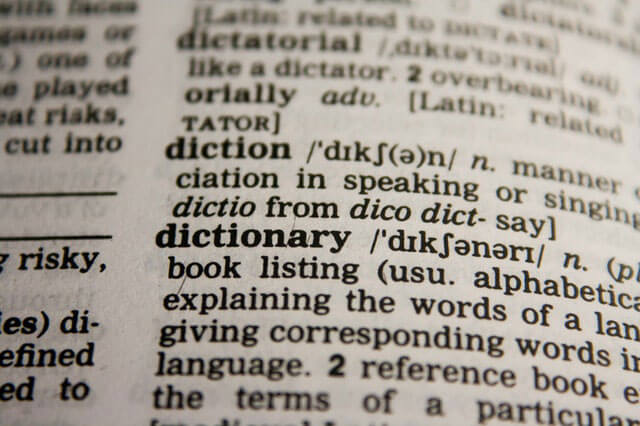What Is a Psychological Construct?
A psychological construct is a framework used to describe psychological phenomena, such as behavior, emotion, or experience. These things don’t have a physical presence, so they cannot be objectively measured by looking at their size, weight, or appearance. By labeling a construct, researchers can make inferences about these abstract concepts. Constructs are used in psychological…

A psychological construct is a framework used to describe psychological phenomena, such as behavior, emotion, or experience. These things don’t have a physical presence, so they cannot be objectively measured by looking at their size, weight, or appearance. By labeling a construct, researchers can make inferences about these abstract concepts.
Constructs are used in psychological research and theory to help explain different mental processes, traits, emotions, and other aspects of human behavior.
Why Do Researchers Use Psychological Constructs?
Psychological constructs allow researchers to understand and study abstract concepts related to the human mind. These things cannot be observed or measured directly. Instead, researchers must create operational definitions of these constructs and then utilize difference measures to indirectly assess and study them.
Personal construct theory suggests that people develop their own personal constructs that help them to categorize and understand the world around them. These are similar to the constructs that researchers use, but are highly personal and less formal.
Examples of Psychological Constructs
Some examples of constructs in psychology include:
- Intelligence
- Motivation
- Personality characteristics and traits (such as the Big 5 personality traits of extraversion, openness, neuroticism, agreeableness, and conscientiousness)
- Self-esteem
- Attitudes
- Emotions
- Subjective well-being
- Self-control
- Happiness
- Self-determination
Some psychological constructs are natural and seem to be universal in nature. Emotions are a good example. While happiness isn’t something that can be directly measured, most people throughout the world can recognize this emotion and have generally consistent ideas about what it is and what it looks like.
Others are less obvious and need to be defined by researchers studying a phenomenon. This might involve things like subjective well-being and socioeconomic status.
Characteristics of Psychological Constructs
Some of the key characteristics of psychological constructs. Constructs are:
- Abstract and theoretical: Constructs are not directly observable but are abstract concepts that represent different internal mental processes.
- Inferred: Because constructs are abstract and not observable, they are inferred from observable behaviors.
- Complex and multidimensional: Constructs such as love and intelligence are complex abstract ideas that are multifaceted in nature.
- Individual: Psychological constructs can vary from one person to the next and may be influenced by a range of individual factors, including genetics and experiences.
- Operationalized: To measure psychological constructs, researchers must create operational definitions to ensure that researchers are measuring what they believe they are measuring.
Understanding the characteristics of psychological constructs allows researchers to explore mental processes, design studies, and interpret their findings.
The Importance of Construct Validity
When researchers are studying a construct, it is important for them to determine if they are actually measuring what they think they are measuring. Construct validity refers to the extent to which a measurement accurately captures the psychological construct it claims to assess.
In other words, construct validity indicates whether a test actually measures the psychological construct it claims to measure.
Intelligence tests and personality tests are examples of assessments that claim to measure specific psychological constructs.
Psychological Constructs vs. Social Constructs
Psychological constructs are abstract concepts that allow researchers to study mental processes, emotions, and behaviors. They are not the same as social constructs, which are concepts that don’t necessarily have a concrete, objective meaning yet have definitions that are created and agreed upon by members of a society.
For example, concepts like race, gender, and social roles are a few types of social constructs. They tend to reflect the norms and expectations of society and are shaped by things like culture and societal influences. Social constructs can also change over time.
Sources:
Brocklehurst P. R. (2010). Personal construct psychology: a theory to help understand professional development, a philosophy to support it. Primary Dental Care: Journal of the Faculty of General Dental Practitioners (UK), 17(4), 179–187. https://doi.org/10.1308/135576110792936140
Gillebaart M. (2018). The ‘Operational’ Definition of Self-Control. Frontiers in Psychology, 9, 1231. https://doi.org/10.3389/fpsyg.2018.01231
Medvedev, O. N., & Landhuis, C. E. (2018). Exploring constructs of well-being, happiness and quality of life. PeerJ, 6, e4903. https://doi.org/10.7717/peerj.4903





